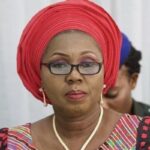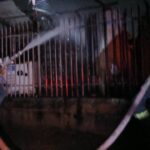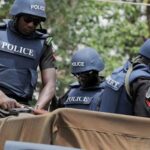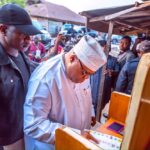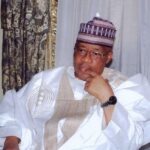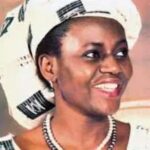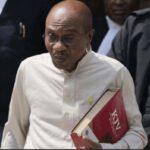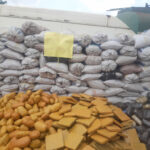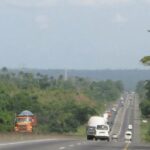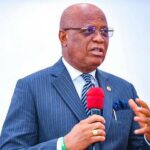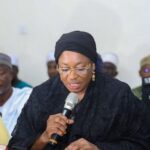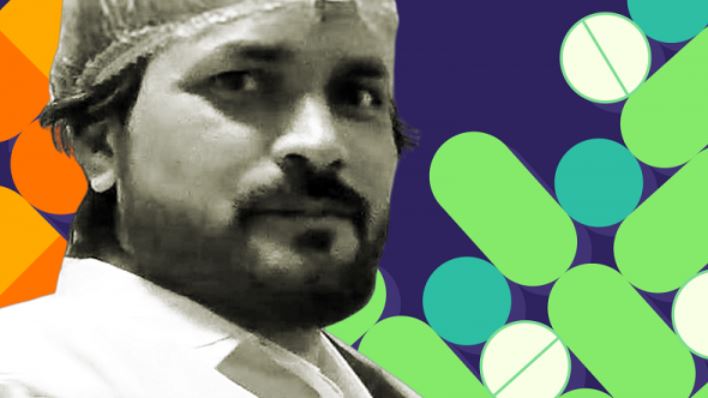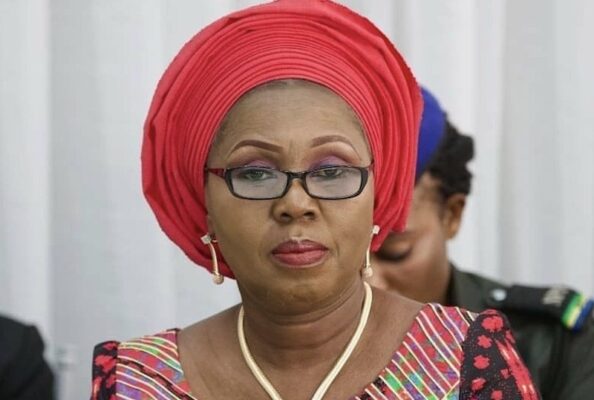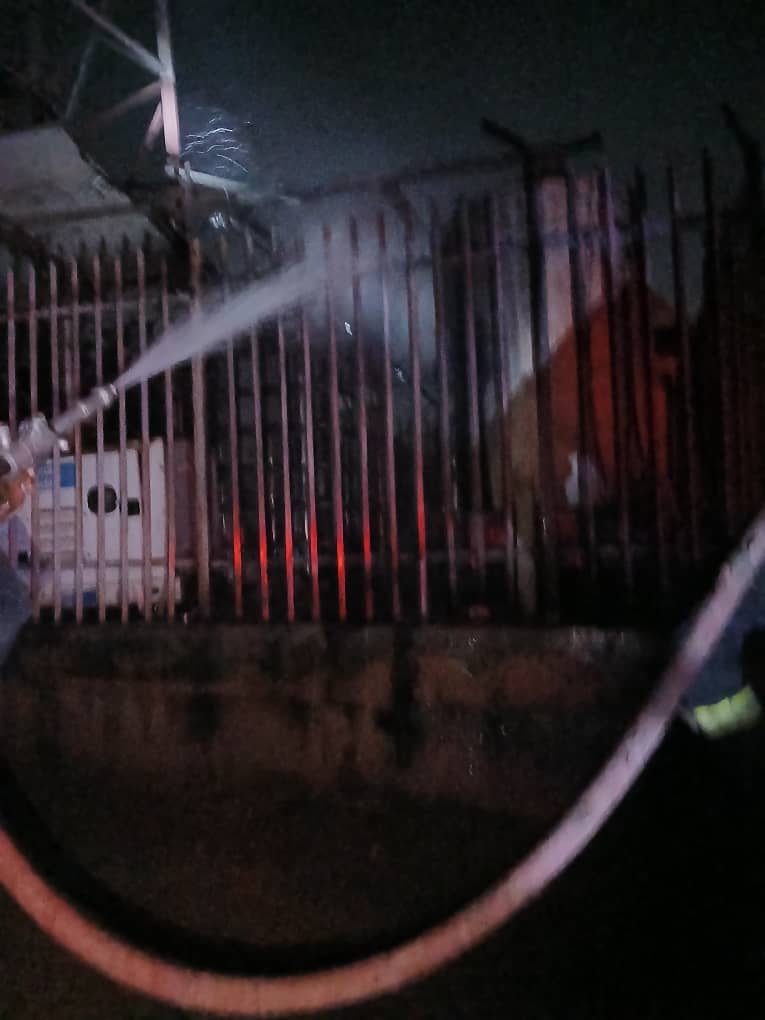Deputy Speaker and Chairman of the House of Representatives Committee on the Review of the 1999 Constitution, Benjamin Kalu revealed that none of the 31 requests for state creation met the constitutional requirements for approval.
Kalu made the disclosure on Friday during a two-day retreat for committee members in Ikot Ekpene, Akwa Ibom State.
The retreat, which ran from February 20 to 23, 2025, provided a platform for reviewing pending amendment bills and strategizing on the constitutional review process.
Recognizing the significance of state creation in Nigeria’s governance discourse, Kalu acknowledged that while the requests reflected the aspirations of various communities, they did not meet the legal criteria for consideration.
“Although we have received 31 requests for state creation, none of these requests met the constitutional requirements for amendment,” Kalu stated.
To allow further input and possible revisions, the committee extended the submission deadline to March 5, 2025, with the possibility of further extensions based on the retreat’s resolutions.
“Therefore, we have since extended the submission date to the 5th of March, 2025. But this retreat could in our resolution extend it further if we find out that there are still challenges for the people we represent in their efforts to make their voices heard,” Kalu noted.
He further emphasized that none of the applications adhered to the conditions set out by Section 8 of the Constitution of the Federal Republic of Nigeria.
151 Constitutional Amendment Bills Under Review
Kalu revealed that the House Committee is currently reviewing 151 constitutional amendment bills, reflecting lawmakers’ efforts to refine governance in Nigeria.
He noted that while some bills have advanced to the second reading, others remain at the first stage, adding that a major challenge in the review process is duplication.
“Some bills address similar issues under different sponsors, while others overlap in subject matter,” he explained.
To streamline efforts and eliminate redundancy, the committee has categorized the bills into thematic areas:
– Federal Structure and Power Devolution
– Local Government Autonomy
– Public Revenue, Fiscal Federation, and Revenue Allocation
– Nigerian Police and Security Architecture
– Comprehensive Judicial Reforms
– Electoral Reforms
– Gender Issues and Human Rights
– State Creation
The categorization, according to Kalu, would help lawmakers prioritize amendments based on national interest and legislative relevance.
Kalu emphasized the intersection between constitutional amendments and electoral laws, stating that any proposed changes to the Electoral Act requiring constitutional alterations must pass through the committee.
“A proactive, cooperative approach will ensure seamless legislative processes and comprehensive legal reforms,” he said.
As part of the next phase of the constitutional review, the committee has scheduled Zonal and National Public Hearings across the six geopolitical zones to allow Nigerians to contribute to the amendment process.
The hearings will take place in North Central: Nasarawa and Niger States, North East: Borno and Gombe States, North West: Kaduna and Sokoto States, South East: Enugu and Imo States, South-South: Bayelsa and Cross River States and South West: Lagos and Ondo States
Kalu urged lawmakers to diligently and objectively work on these bills to ensure that the final amendments reflect the will of the Nigerian people.
“As legislators, we must ensure the voices of Nigerians are reflected in our constitutional reforms,” he said.
He also promised a renewed commitment to a transparent and inclusive constitutional review process, expressing confidence that the committee’s deliberations would strengthen Nigeria’s democracy and governance structure.


